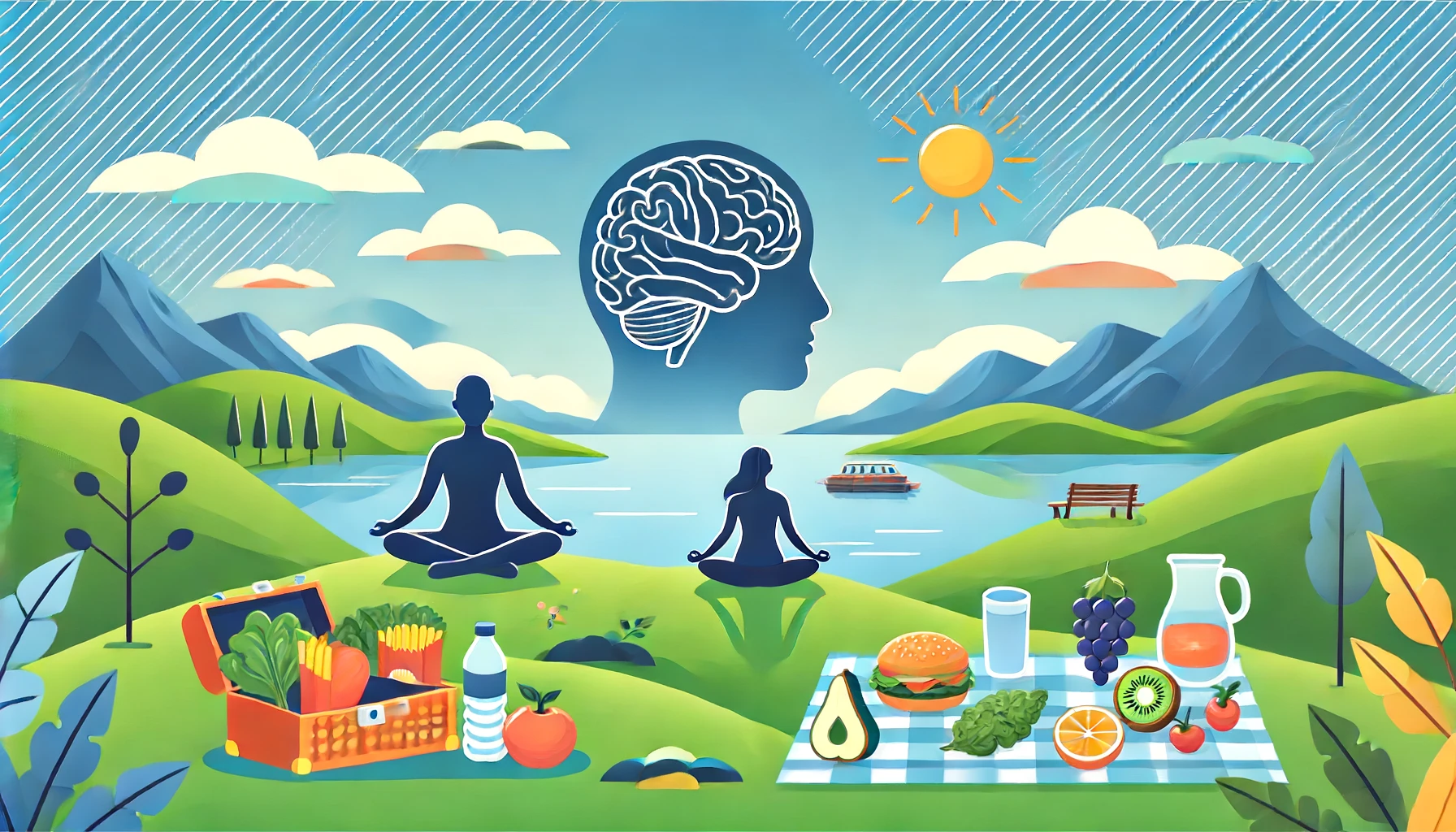Mental health is a vital aspect of our overall well-being, yet anxiety and depression are common issues that many people face. Understanding and managing these conditions can be challenging, but there are effective strategies that can help. This article will explore practical ways to cope with anxiety and depression, offering insights into both mental and physical approaches.
Understanding Anxiety and Depression
Anxiety is characterized by excessive worry, nervousness, and fear. It can manifest physically through symptoms like increased heart rate, sweating, and trembling. On the other hand, depression involves persistent feelings of sadness, hopelessness, and a lack of interest or pleasure in activities. Both conditions can severely impact daily life and overall quality of life.
Cognitive Behavioral Techniques
Cognitive Behavioral Therapy (CBT) is a highly effective approach for managing anxiety and depression. It focuses on identifying and changing negative thought patterns and behaviors.
- Identify Negative Thoughts: Recognize and challenge irrational or harmful thoughts. Ask yourself whether the evidence supports these thoughts and whether they are based on facts or assumptions.
- Reframe Negative Thoughts: Replace negative thoughts with more realistic and positive ones. For instance, change “I always fail” to “I have succeeded in the past and can do so again.”
- Behavioral Activation: Engage in activities that you enjoy or give you a sense of accomplishment. This can help break the cycle of depression and inactivity.
Mindfulness and Meditation
Mindfulness involves paying attention to the present moment without judgment. It can be a powerful tool for managing anxiety and depression.
- Meditation: Practice mindfulness meditation to calm your mind and reduce stress. Start with just a few minutes a day and gradually increase the duration.
- Deep Breathing Exercises can help manage anxiety by calming the nervous system. Techniques like diaphragmatic breathing or the 4-7-8 method can be particularly effective.
- Mindful Activities: Engage in activities mindfully, such as eating, walking, or washing dishes. Focus on the sensations and experiences in the present moment.
Physical Exercise
Regular physical exercise is one of the best ways to improve mental health. It releases endorphins, natural mood lifters, and reduces levels of the body’s stress hormones, such as adrenaline and cortisol.
- Aerobic Exercise: Walking, running, cycling, or swimming can be particularly effective. Aim for at least 30 minutes of moderate exercise most days of the week.
- Strength Training: Incorporating strength training exercises can improve self-esteem and reduce symptoms of depression.
- Yoga: Combining physical postures, breathing exercises, and meditation, yoga can be a holistic approach to managing anxiety and depression.
Healthy Lifestyle Choices
Lifestyle choices play a significant role in managing mental health.
- Balanced Diet: Eat a diet rich in fruits, vegetables, whole grains, lean proteins, and healthy fats. Avoid excessive sugar and caffeine, which can exacerbate anxiety and mood swings.
- Adequate Sleep: Ensure you get enough sleep. Create a bedtime routine, avoid screens before bed, and create a restful sleeping environment.
- Hydration: Stay hydrated, as dehydration can affect mood and cognitive function.
Seeking Professional Help
Sometimes, professional help is necessary to manage anxiety and depression effectively.
- Therapy: A licensed therapist can provide personalized strategies and support.
- Medication: For some individuals, medication prescribed by a healthcare provider can be essential to treatment.
- Support Groups: Joining a support group can provide a sense of community and understanding from others facing similar challenges.
Building a Support System
Having a solid support system is crucial for navigating mental health challenges.
- Talk to Friends and Family: Share your feelings and experiences with trusted friends or family members. They can offer support and understanding.
- Community Involvement: Community activities or volunteering provide a sense of purpose and connection.
Conclusion
Coping with anxiety and depression involves a combination of strategies that address both the mind and body. By incorporating cognitive-behavioral techniques, mindfulness practices, regular physical exercise, healthy lifestyle choices, seeking professional help, and building a support system, you can navigate these mental health challenges more effectively. Remember, managing mental health is an ongoing process, and seeking help is a sign of strength, not weakness.
Dr. Barbara R. Edwards practices at Penn Medicine Princeton Health in the Princeton Medical Center and is the Academic Director for their Ambulatory Residency Program.


